






5-Star Service, Trusted & Loved by Hundreds
Your Appraiser Search Ends Here
Your Appraiser Search Ends Here
.avif)

Nationwide Coverage – Appraisals Anywhere in the US

Get it done Onsite or Online

Any Asset, Covered

Defensible for Any Purpose
Frequently Asked
Questions
No Frequently Asked Questions Found.
A trust is a sophisticated legal arrangement where a designated trustee manages assets on behalf of specified beneficiaries. This mechanism offers remarkable flexibility in asset management and distribution. Unlike traditional inheritance methods, trusts can be strategically crafted during one's lifetime or established posthumously. Their primary advantages include circumventing complex probate processes, implementing nuanced asset distribution strategies, potentially reducing tax liabilities, and creating specialized financial protections for vulnerable beneficiaries.
Wills, in contrast, represent a more straightforward legal declaration of an individual's final wishes regarding asset distribution. While they must navigate the probate court system, wills remain fundamental in outlining explicit instructions about asset allocation, naming guardians for minor children, and designating executors responsible for estate administration.
The intersection of trusts and wills lies in their shared objective: providing clear, legally binding guidance for asset management and transfer. Each document offers unique mechanisms for protecting family interests, managing financial legacies, and ensuring that an individual's intentions are honored with precision and legal validity.
Ultimately, effective estate planning requires thoughtful consideration of personal circumstances, family dynamics, financial complexity, and long-term goals. By understanding the distinctive roles and potential of trusts and wills, individuals can construct comprehensive strategies that provide financial security and peace of mind for themselves and their beneficiaries.
Accurate asset valuation forms the cornerstone of comprehensive estate management. By obtaining a professional assessment, individuals can establish a clear, unbiased understanding of their property's worth, including real estate, collectibles, and other valuable items. This valuation ensures transparency and alignment with the estate's intended distribution strategy.
The appraisal process plays a pivotal role in facilitating equitable asset distribution. Executors and beneficiaries gain a definitive reference point for understanding the estate's total value, which minimizes potential conflicts and ensures each party receives their designated share according to the trust or will's specifications.
Tax considerations represent another crucial dimension of estate appraisals. Different jurisdictions impose specific tax obligations based on estate value, making precise documentation essential. A professionally conducted appraisal provides a defensible valuation that can withstand potential scrutiny from tax authorities, protecting beneficiaries from unexpected financial complications.
Legal compliance demands meticulous documentation of asset values. A comprehensive appraisal creates a robust record that can withstand potential legal challenges, demonstrating the estate's commitment to transparency and accuracy. This documentation becomes particularly important if the estate's distribution is ever contested in court.
Moreover, accurate appraisals support strategic insurance planning. By establishing precise asset values, trustees can secure appropriate insurance coverage, protecting the estate's assets against potential loss, damage, or theft. This approach provides comprehensive protection and peace of mind for all involved parties.
The appraisal process ultimately transforms estate planning from a complex challenge into a clear, manageable strategy. It offers a comprehensive framework that balances legal, financial, and personal considerations, ensuring that an individual's final wishes are honored with precision and respect.
Professional appraisers conduct an in-depth examination that considers several key elements: equipment age, operational condition, accumulated usage hours, specific brand and model characteristics, and current market dynamics. Each factor is carefully weighted to generate an accurate representation of the asset's true worth.
The appraisal process begins with a detailed physical inspection, where experts methodically evaluate the equipment's structural integrity, mechanical functionality, and overall performance potential. Maintenance records play a crucial role, offering insights into the equipment's historical care and potential longevity. Well-maintained machinery typically commands a higher valuation, reflecting the diligence of its previous owners.
Comparative market analysis forms another cornerstone of the appraisal methodology. Appraisers cross-reference the equipment against recent sales of similar machinery, ensuring the valuation reflects current market conditions and industry trends. This approach provides a nuanced, data-driven perspective that goes beyond surface-level assessments.
Different sectors leverage construction equipment appraisals for varied purposes. Contractors use these evaluations to make strategic decisions about equipment acquisition or disposition. Financial institutions rely on precise valuations to assess lending risks and determine appropriate financing terms. Rental companies depend on these assessments for fleet management and insurance purposes.
Ultimately, a construction equipment appraisal represents a complex intersection of technical expertise, market knowledge, and financial analysis. It provides stakeholders with a reliable, objective assessment that supports informed decision-making in an ever-evolving industry landscape.
Detailed digital assessments typically involve clients submitting high-quality photographs and comprehensive equipment specifications. Appraisers carefully analyze these submitted materials, examining equipment condition, age, operational history, and market comparability factors. This method allows for precise evaluation without requiring physical presence.
Interactive online appraisal options have expanded, leveraging video conferencing platforms like Zoom, Google Meet, and Skype. These live sessions enable real-time equipment examination, allowing appraisers to request specific angles, discuss unique features, and conduct thorough visual inspections with clients.
The digital appraisal process offers significant advantages, including dramatically reduced turnaround times and elimination of geographical constraints. Clients can receive professional assessments quickly and conveniently, without scheduling complex in-person meetings or incurring additional travel expenses.
Modern appraisal techniques incorporate advanced technological tools and professional expertise to deliver accurate, reliable equipment valuations. By combining detailed documentation, visual evidence, and professional analysis, online construction equipment appraisals provide comprehensive insights that meet industry standards and client expectations.
Certified general appraisers offer the broadest expertise, holding comprehensive licenses that enable them to assess virtually any type of heavy machinery. Their deep market knowledge allows for nuanced valuations of complex and high-value equipment, making them invaluable for comprehensive assessments.
Licensed equipment appraisers focus specifically on machinery valuation, developing deep expertise in construction equipment like excavators, bulldozers, and cranes. Their specialized knowledge ensures precise evaluations that account for industry-specific factors, regulatory compliance, and detailed condition assessments.
Industrial appraisers bring a strategic perspective, examining equipment within the broader context of manufacturing and construction operations. They excel at understanding how machinery integrates into industrial ecosystems, providing holistic valuations that consider operational capabilities and market positioning.
Cost approach appraisers utilize a methodical replacement value strategy, calculating equipment worth based on reproduction costs and accounting for depreciation. This approach proves particularly effective for new or unique machinery, offering a scientific basis for valuation.
Market approach appraisers leverage comparative sales data, analyzing recent transactions to determine fair market value. By examining factors like age, condition, and brand reputation, they provide insights that reflect current market dynamics and competitive pricing trends.
Auction appraisers specialize in evaluating equipment within the unique context of sales environments. Their expertise in predicting auction performance helps buyers and sellers understand potential market values, drawing from historical sales data and current industry trends.
Selecting the right appraiser depends on specific assessment needs, equipment type, and valuation objectives. Understanding these professional distinctions empowers businesses and individuals to make informed decisions about their construction equipment assets.
Financial decision-makers rely on equipment appraisals to understand the true economic landscape of their assets. By establishing precise market values, companies can make informed choices about equipment maintenance, replacement, and potential divestiture. These evaluations capture nuanced details about depreciation, current market conditions, and potential future value trajectories.
Insurance and risk management represent another crucial dimension of equipment appraisals. Accurate valuations ensure appropriate coverage levels, protecting organizations from potential financial vulnerabilities in case of unexpected equipment loss or damage. This proactive approach mitigates potential economic disruptions and provides a clear framework for claims processes.
Lending institutions and financial partners frequently require professional equipment appraisals when considering financing or leasing arrangements. A comprehensive, objective assessment provides credibility and transparency, potentially securing more favorable lending terms and demonstrating the organization's financial sophistication.
Tax planning and compliance represent additional significant benefits of professional equipment appraisals. Whether addressing charitable donations, estate planning, or annual tax reporting, precise valuations help organizations maximize potential tax advantages while maintaining regulatory adherence.
Strategic asset management emerges as a fundamental outcome of regular equipment appraisals. By tracking equipment value over time, businesses can develop more intelligent procurement strategies, anticipate replacement cycles, and optimize their capital investment approaches.
Ultimately, construction equipment appraisals transcend simple monetary calculations. They represent a holistic tool for financial strategy, risk management, and organizational planning, enabling more sophisticated and informed decision-making across multiple business dimensions.
What Makes Construction Equipment Appraisals Critical for Trust and Estate Planning?
Why Construction Equipment Appraisals Are Essential for Trust and Estate Planning
Construction equipment appraisals are a critical component of comprehensive trust and estate planning, offering significant benefits for asset management and wealth distribution. These specialized valuations provide a strategic approach to managing high-value equipment assets during estate transitions.
Key Benefits of Construction Equipment Appraisals
- Accurate Fair Market Valuation
Professional appraisals capture the true value of construction equipment by considering multiple critical factors, including:
- Current equipment condition
- Age and operational status
- Market demand
- Potential depreciation
- Specific industry utility
- Tax Compliance and Financial Planning
Comprehensive appraisals serve crucial purposes in tax management, helping:
- Provide IRS-acceptable asset valuations
- Minimize potential audit risks
- Prevent underpayment penalties
- Support accurate tax return preparation
- Dispute Prevention and Equitable Distribution
Detailed appraisals help mitigate potential conflicts by:
- Establishing objective equipment values
- Supporting fair asset allocation among heirs
- Creating transparency in estate divisions
- Documenting asset worth for legal purposes
- Business Succession Planning
Equipment appraisals are instrumental in:
- Facilitating smooth ownership transitions
- Providing clear stakeholder expectations
- Supporting management decision-making
- Ensuring organizational continuity
Regulatory Compliance and Documentation
Professional construction equipment appraisals help navigate complex regulatory requirements by generating comprehensive documentation that supports legal and financial processes. These detailed assessments ensure compliance with trust transfer regulations and provide a clear, defensible record of asset values.
By investing in professional equipment appraisals, individuals and organizations can protect their financial interests, promote transparency, and create a solid foundation for effective trust and estate planning.
Why Precision Matters: Valuing Construction Assets Accurately
In the intricate landscape of estate planning, precise valuation of construction equipment emerges as a critical cornerstone for maintaining financial integrity and equitable asset distribution. Understanding the nuanced dimensions of equipment appraisal ensures comprehensive protection for beneficiaries and executors alike.
The Critical Components of Accurate Construction Equipment Valuation
Accurate appraisal transcends mere numerical assessment, encompassing multiple strategic considerations:
- Fair Market Value Assessment: Construction equipment represents a substantial financial asset that demands meticulous evaluation. Precise valuation enables trustees to make informed decisions, guaranteeing equitable distribution among heirs.
- Regulatory Compliance: Professional appraisals ensure adherence to state and federal legal requirements, mitigating potential challenges and procedural complications during estate proceedings.
- Tax Strategy Optimization: Precise equipment valuation directly influences estate and inheritance tax calculations, preventing potential financial discrepancies with tax authorities.
Key Valuation Considerations
- Current Market Dynamics: Equipment values fluctuate based on technological advancements, economic conditions, and industry-specific trends.
- Depreciation Tracking: Professional appraisers analyze equipment condition, usage history, and technological relevance to determine accurate current value.
- Comprehensive Documentation: Detailed assessment includes maintenance records, operational history, and potential future utility.
Strategic Implications of Precision
Beyond immediate financial considerations, precise construction equipment valuation offers profound benefits:
- Provides transparent, defensible asset documentation
- Supports comprehensive estate planning strategies
- Prevents potential inter-heir disputes
- Ensures appropriate insurance coverage
By prioritizing meticulous valuation, estate planners create a robust framework that honors the asset owner's legacy while providing clear, equitable guidance for beneficiaries. The investment in professional, comprehensive appraisal ultimately safeguards financial interests and facilitates smooth wealth transition.
Key Construction Equipment Categories in Valuation Assessments
Key Construction Equipment Categories in Valuation Assessments
When conducting appraisal assessments for construction equipment, it is crucial to recognize the diverse categories that comprise the industry. Each category not only represents a different type of machinery but also plays a specific role in construction projects, influencing both their value and market demand.
Heavy Machinery
Heavy machinery includes powerful equipment such as:
- Excavators
- Bulldozers
- Cranes
These machines are vital for large-scale construction projects, from site preparation to lifting heavy materials. Their value is determined by critical factors including:
- Age of the equipment
- Total operating hours
- Comprehensive maintenance history
- Operational efficiency
- Technological capabilities
Earthmoving Equipment
This category encompasses equipment designed for moving and grading soil, including:
- Backhoe loaders
- Trenchers
- Graders
Appraisers assess earthmoving equipment based on multiple crucial parameters:
- Overall functionality
- Project versatility
- Extent of wear and tear
- Ability to meet diverse project demands
Road Construction Equipment
Road construction equipment plays a pivotal role in infrastructure development, including:
- Pavers
- Rollers
- Compactors
Valuation in this category reflects:
- Equipment durability
- Ability to withstand challenging job site conditions
- Compliance with local regulatory standards
- Potential resale value
Material Handling Equipment
Critical for efficient job site operations, this category includes:
- Forklifts
- Overhead cranes
- Conveyor systems
Value determination focuses on:
- Load capacity
- Operational reach
- Technological advancements
- Automation capabilities
Specialized Equipment
Some construction projects require unique machinery such as:
- Concrete pumps
- Demolition robots
- Specialized cutting equipment
These items often have niche markets, with valuation reflecting:
- Unique operational capabilities
- Specific sector demand
- Technological sophistication
Understanding these key categories enables precise equipment valuation, ensuring alignment with current market conditions and meeting the needs of both buyers and sellers in the construction equipment marketplace.
Critical Factors Driving Construction Equipment Value
Critical Factors Driving Construction Equipment Value
When valuing construction equipment for trust and will purposes, several critical factors come into play that directly influence the overall market value of the assets. Understanding these elements is essential for accurate appraisals and ensuring compliance with legal and financial obligations.
Key Valuation Factors
- Equipment Condition
The physical state of construction equipment is a paramount consideration in appraisal. This comprehensive assessment includes:
- Detailed evaluation of wear and tear
- Complete maintenance history review
- Comprehensive service record examination
Well-maintained machinery consistently commands a higher resale value compared to equipment that has been poorly cared for.
- Age and Model
Equipment age plays a critical role in determining market value. Older models typically depreciate more rapidly due to:
- Technological advancements
- Improved safety features
- Enhanced performance capabilities
Newer models often boast superior fuel efficiency and performance enhancements, making them more attractive to potential buyers.
- Market Demand
Construction equipment valuation is significantly influenced by industry-wide market dynamics, including:
- Seasonal industry cycles
- Regional construction project growth
- Broader economic conditions
These factors can dramatically impact the price buyers are willing to pay for specific types of equipment.
- Brand Reputation
Manufacturer reputation is a crucial value determinant. Key considerations include:
- Proven durability
- Consistent reliability
- Brand recognition in the industry
Equipment from renowned manufacturers often retains its value more effectively than machines from lesser-known brands.
- Customization and Attachments
Specialized equipment can potentially increase market value through:
- Unique functional modifications
- Specialized attachments
- Targeted operational capabilities
Appraisers must carefully assess the relevance and market appeal of these customizations.
- Compliance and Certification
Regulatory compliance significantly impacts equipment valuation, including:
- Adherence to safety standards
- Operational regulatory compliance
- Industry-specific certifications
Equipment meeting or exceeding industry regulations typically attracts higher valuations from potential buyers.
Conclusion
A comprehensive understanding of these critical factors is fundamental to accurate construction equipment appraisal. This holistic approach ensures precise valuation for trust and estate planning while maintaining the highest standards of legal and financial representation.
Inside the Appraisal Process: A Step-by-Step Walkthrough
Understanding the Comprehensive Construction Equipment Appraisal Process
The appraisal process for construction equipment is a meticulous journey designed to determine an accurate and fair market value. This systematic approach provides clarity and confidence for owners managing trust and will documentation.
Step 1: Initial Consultation
- Engage in detailed discussion about specific equipment and appraisal objectives
- Collect critical preliminary information, including:
- Equipment make and model
- Year of purchase
- Current condition
- Usage history
- Any significant modifications
- Develop a customized appraisal strategy based on gathered information
Step 2: Comprehensive Research and Data Collection
- Analyze current market trends for construction equipment
- Review comparable sales data
- Evaluate industry-specific depreciation rates
- Assess broader economic factors impacting equipment valuation
Step 3: Detailed Physical Inspection
- Conduct thorough on-site equipment examination
- Assess critical factors including:
- Overall physical condition
- Functional capabilities
- Extent of wear and tear
- Maintenance history
- Previous repair records
- Document observable characteristics that impact value
Step 4: Analytical Valuation
- Synthesize collected research and inspection data
- Apply appropriate valuation methodologies:
- Cost approach
- Sales comparison approach
- Income approach
- Cross-reference multiple analytical techniques for precision
Step 5: Comprehensive Reporting
- Compile detailed appraisal documentation
- Include critical report components:
- Comprehensive equipment overview
- Precise market value determination
- Transparent valuation methodology
- Supporting analytical rationale
- Provide clear, defensible valuation for trust and will purposes
By comprehending each stage of the appraisal process, equipment owners can confidently navigate valuation complexities, ensuring accurate and reliable documentation for important legal and financial decisions.
Choosing the Right Appraiser: Expertise and Credentials That Count
Key Considerations for Selecting a Construction Equipment Appraiser
Choosing the right appraiser for construction equipment in trust and will contexts requires careful evaluation across multiple critical dimensions. The precision of your equipment valuation can dramatically impact estate planning, asset distribution, and potential tax implications.
Essential Expertise and Qualifications
- Industry-Specific Experience: Seek appraisers with:
- Proven track record in construction equipment valuation
- Deep understanding of equipment types and market dynamics
- Comprehensive knowledge of value-influencing factors
- Professional Credentials: Prioritize appraisers with:
- Recognized certifications from ASA or ISA
- Ongoing professional education
- Demonstrated commitment to ethical standards
Evaluating Appraiser Competence
- Reputation Assessment
- Review client testimonials and case studies
- Examine detailed previous appraisal reports
- Verify professional references
- Technological Proficiency
- Advanced appraisal software utilization
- Digital documentation capabilities
- Efficient valuation methodologies
Comprehensive Valuation Considerations
An exceptional appraiser will consider multiple factors during equipment valuation, including:
- Current market conditions
- Equipment age and condition
- Depreciation rates
- Potential future market trends
- Specialized equipment characteristics
By meticulously evaluating these dimensions, you can secure an appraiser who provides accurate, reliable, and comprehensive equipment valuations tailored to your specific trust and will requirements.
Navigating Potential Pitfalls in Equipment Valuation
Key Challenges in Construction Equipment Valuation
Navigating equipment appraisal for trust and will purposes requires a strategic and meticulous approach. Understanding potential pitfalls is essential to achieving a fair and accurate valuation.
Critical Valuation Considerations
- Equipment Condition Assessment
A comprehensive evaluation of physical condition goes beyond surface-level inspection. Key factors include:
- Operational efficiency
- Extent of wear and tear
- Potential repair or maintenance requirements
- Overall functional performance
- Market Trend Analysis
Equipment values are dynamic and influenced by multiple external factors:
- Regional economic conditions
- Current construction industry demand
- Technological advancements
- Seasonal market fluctuations
- Valuation Methodology Selection
Choosing the appropriate valuation approach is crucial. Three primary methodologies include:
- Cost approach
- Market approach
- Income approach
Each method requires careful consideration based on specific equipment characteristics and context.
- Mitigating Emotional Bias
Objective assessment is paramount when valuing equipment for trust and will purposes. Professional appraisers must:
- Maintain professional detachment
- Focus on empirical data
- Provide transparent, unbiased evaluations
Strategic Recommendations
To ensure a robust and accurate equipment valuation process, consider these key strategies:
- Engage qualified, experienced appraisers
- Conduct thorough physical inspections
- Stay informed about current market trends
- Select appropriate valuation methodologies
- Maintain objectivity throughout the assessment
By understanding and addressing these potential pitfalls, individuals can achieve a comprehensive and fair equipment valuation that meets legal and personal objectives.
Legal Safeguards and Compliance in Trust and Will Appraisals
Understanding Legal Safeguards in Construction Equipment Appraisals
Accurate valuations of construction equipment are critical in trust and estate planning, requiring meticulous attention to legal compliance and professional standards.
Key Legal Considerations
- Provide fair market value for all assets during transfer or distribution
- Protect beneficiary interests through precise documentation
- Ensure compliance with current tax regulations
- Minimize potential disputes among estate heirs
Professional Appraisal Standards
Certified appraisers play a crucial role in maintaining legal integrity through:
- Thorough equipment inspections
- Comprehensive condition assessments
- Application of professional valuation methodologies:
- Market approach
- Income approach
- Cost approach
Documentation and Transparency
Comprehensive appraisal reports must include:
- Detailed equipment specifications
- In-depth market analysis
- Clear rationale for assigned valuations
- Supporting evidence for assessment
Ongoing Compliance
Successful estate planning requires continuous awareness of:
- Evolving tax legislation
- Changes in estate planning regulations
- Periodic reassessment of equipment values
By prioritizing legal safeguards and professional standards, individuals can ensure a transparent, compliant, and smooth asset transition that honors the original intentions of their trust or will.
Preparing Your Construction Equipment for a Comprehensive Appraisal
Essential Preparation for Construction Equipment Appraisal
A comprehensive appraisal of construction equipment requires meticulous preparation to ensure accurate valuation and maximize asset value, particularly for trust and will purposes. Follow these strategic steps to optimize your equipment assessment:
Documentation and Record Keeping
- Compile a comprehensive documentation portfolio including:
- Original purchase receipts
- Complete maintenance records
- Detailed modification logs
- Service history documentation
- Organize documents chronologically to demonstrate equipment provenance and care
Equipment Condition Assessment
- Perform a thorough pre-appraisal equipment inspection:
- Completely clean all equipment surfaces
- Identify and document visible wear and damage
- Highlight recent repairs or significant upgrades
- Ensure equipment is in optimal presentable condition
Comprehensive Equipment Specifications
- Gather detailed equipment specifications, including:
- Precise model numbers
- Year of manufacture
- Total operational hours
- Unique or specialized features
- Create a standardized specification sheet for each asset
Market Context and Valuation Preparation
- Conduct preliminary market research:
- Review current equipment value trends
- Compare similar equipment valuations
- Understand regional market dynamics
- Identify potential value-adding accessories or attachments
Professional Collaboration
- Seek guidance from industry-specialized appraisers
- Ensure comprehensive understanding of valuation methodology
- Prepare for potential additional documentation requests
Thorough preparation transforms the appraisal process from a simple assessment to a strategic valuation, providing clarity and confidence in your equipment's worth for trust and will arrangements.
Strategic Asset Valuation in Estate Planning
Understanding Construction Equipment Valuation in Estate Planning
In estate planning, strategic valuation of construction equipment assets is a critical process that ensures fair distribution and legal compliance. These high-value assets require meticulous assessment to protect the financial interests of heirs and executors.
Key Considerations in Construction Equipment Appraisal
- Asset Complexity: Construction equipment represents a significant portion of individual and business net worth, demanding precise valuation
- Comprehensive Evaluation Factors:
- Equipment age
- Overall condition
- Current operational functionality
- Market demand and depreciation
Valuation Methodologies
Professional appraisers employ three primary approaches to determine accurate equipment value:
- Cost Approach: Assesses replacement or reproduction cost of equipment
- Income Approach: Evaluates potential revenue generation capability
- Sales Comparison Approach: Compares similar equipment market transactions
Tax and Legal Implications
Precise equipment valuation serves multiple critical purposes in estate planning:
- Establishes fair asset distribution among beneficiaries
- Determines potential estate tax liabilities
- Prevents potential inheritance disputes
- Ensures legal compliance with jurisdictional requirements
Strategic Benefits of Professional Appraisal
A comprehensive equipment appraisal provides transparency, legal protection, and financial clarity during the estate planning process. By obtaining an objective assessment, executors can confidently navigate complex inheritance scenarios while honoring the deceased's wishes.
Your Top Questions About Construction Equipment Appraisals, Answered
Essential Insights into Construction Equipment Appraisals
Construction equipment appraisals play a critical role in comprehensive estate planning and financial management. Understanding the nuances of this process ensures accurate valuation and equitable asset distribution.
What is a Construction Equipment Appraisal?
A construction equipment appraisal is a professional evaluation designed to determine the precise fair market value of machinery and equipment used in the construction industry. This valuation serves multiple critical purposes:
- Estate planning
- Insurance coverage documentation
- Financial reporting
- Legal and tax compliance
Key Purposes in Trust and Will Planning
For trust and will purposes, a construction equipment appraisal becomes instrumental in:
- Ensuring accurate asset valuation
- Facilitating equitable distribution among beneficiaries
- Minimizing potential inheritance disputes
- Supporting precise tax planning
Valuation Methodology
Professional appraisers employ multiple approaches to determine equipment value:
- Cost Approach: Evaluates replacement or reproduction costs
- Market Approach: Compares similar equipment sales
- Income Approach: Assesses potential revenue generation
Critical Factors in Appraisal Assessment
Appraisers consider numerous elements during the valuation process:
- Current equipment condition
- Age and accumulated usage
- Depreciation rate
- Maintenance history
- Technological relevance
- Market demand
Documentation Requirements
To facilitate a comprehensive appraisal, prepare the following documentation:
- Original purchase records
- Detailed maintenance logs
- Modification and upgrade history
- Recent repair documentation
Recommended Appraisal Frequency
Regular appraisal updates are crucial for maintaining accurate asset valuation. Consider refreshing your appraisal:
- Every 3-5 years
- After significant equipment modifications
- During substantial market fluctuations
- Following major equipment acquisitions or sales
By understanding these fundamental aspects of construction equipment appraisals, you can make informed decisions that protect your financial legacy and ensure transparent estate planning.
Securing Your Legacy: The Importance of Accurate Equipment Valuation
Understanding Equipment Valuation for Estate Planning
Accurate equipment valuation is crucial when securing your legacy and ensuring effective estate management. Construction equipment represents a significant financial investment that requires meticulous assessment during trust and will preparations.
Key Factors in Construction Equipment Valuation
- Depreciation Dynamics
Construction equipment value declines over time due to multiple factors, including:
- Equipment usage intensity
- Current physical condition
- Equipment age
- Technological advancements in the industry
- Market Demand Considerations
Equipment values are inherently linked to industry market conditions, characterized by:
- Fluctuating supply and demand trends
- Seasonal construction industry variations
- Regional economic factors
- Equipment Condition Assessment
Physical state dramatically influences equipment valuation through:
- Maintenance history
- Operational functionality
- Visible wear and damage
- Potential restoration requirements
- Documentation Importance
Comprehensive records enhance valuation credibility by providing:
- Detailed service logs
- Repair and maintenance documentation
- Original purchase information
- Modification or upgrade records
Strategic Benefits of Professional Equipment Valuation
A professional and thorough equipment appraisal offers multiple strategic advantages:
- Provides clear estate value documentation
- Minimizes potential inheritance disputes
- Facilitates accurate tax assessment calculations
- Ensures fair asset distribution among heirs
- Protects long-term financial interests
By prioritizing comprehensive equipment valuation, you safeguard your financial legacy and provide transparent guidance for future asset management.
View all Locations
BEST-IN-CLASS APPRAISERS, CREDENTIALED BY:






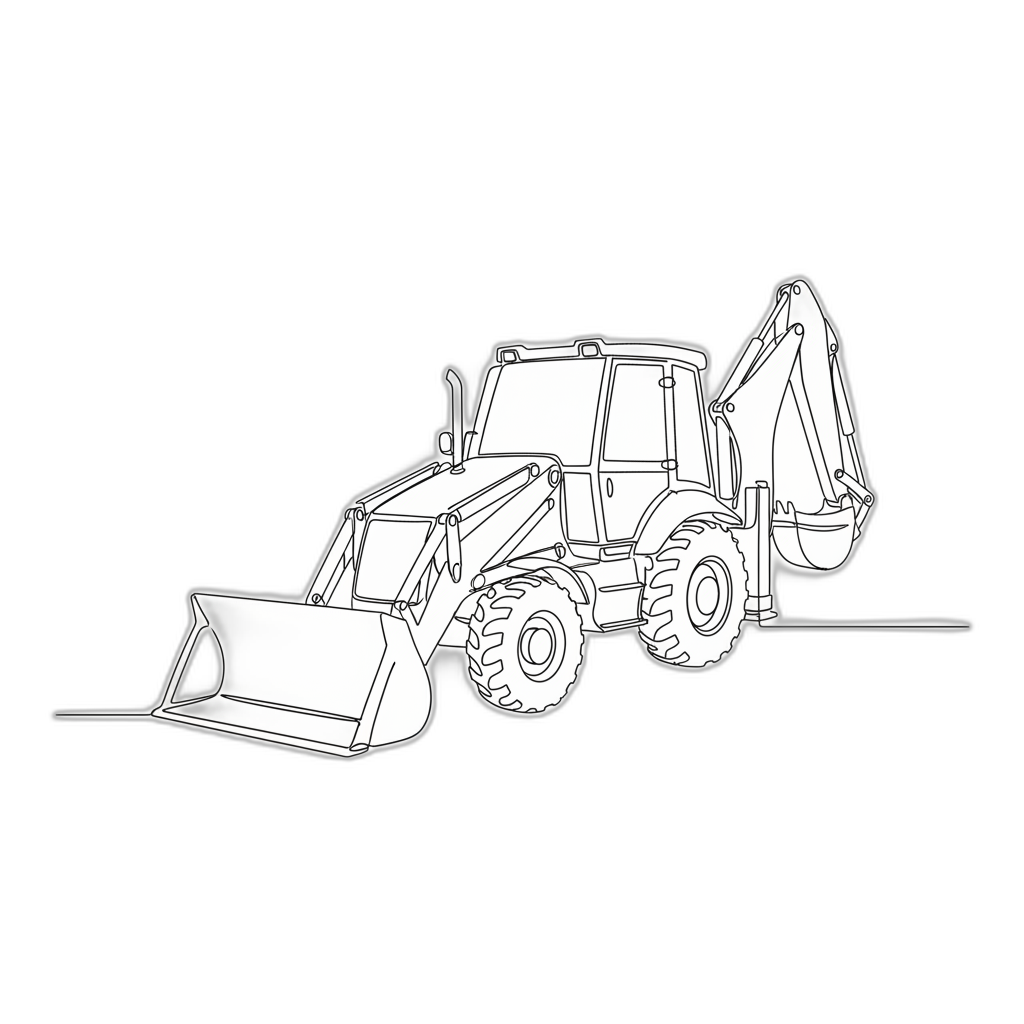
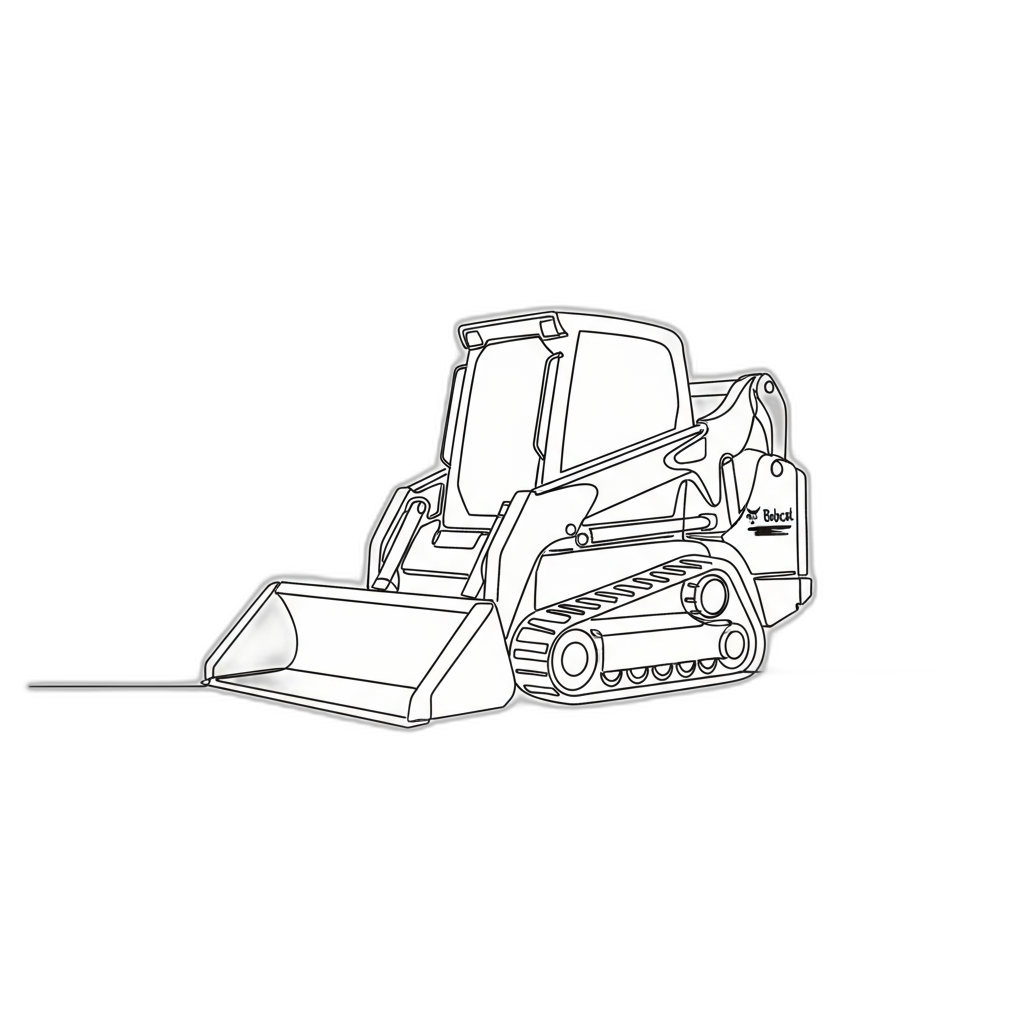
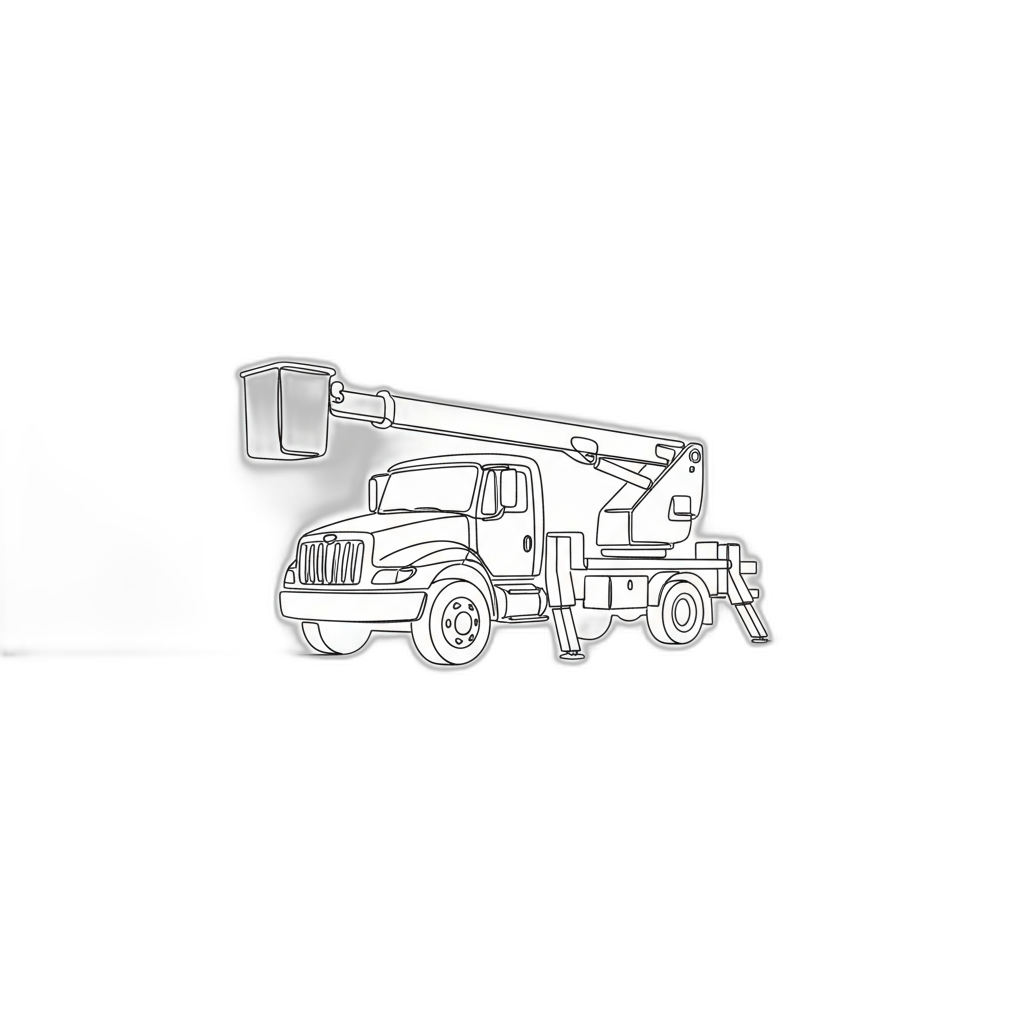
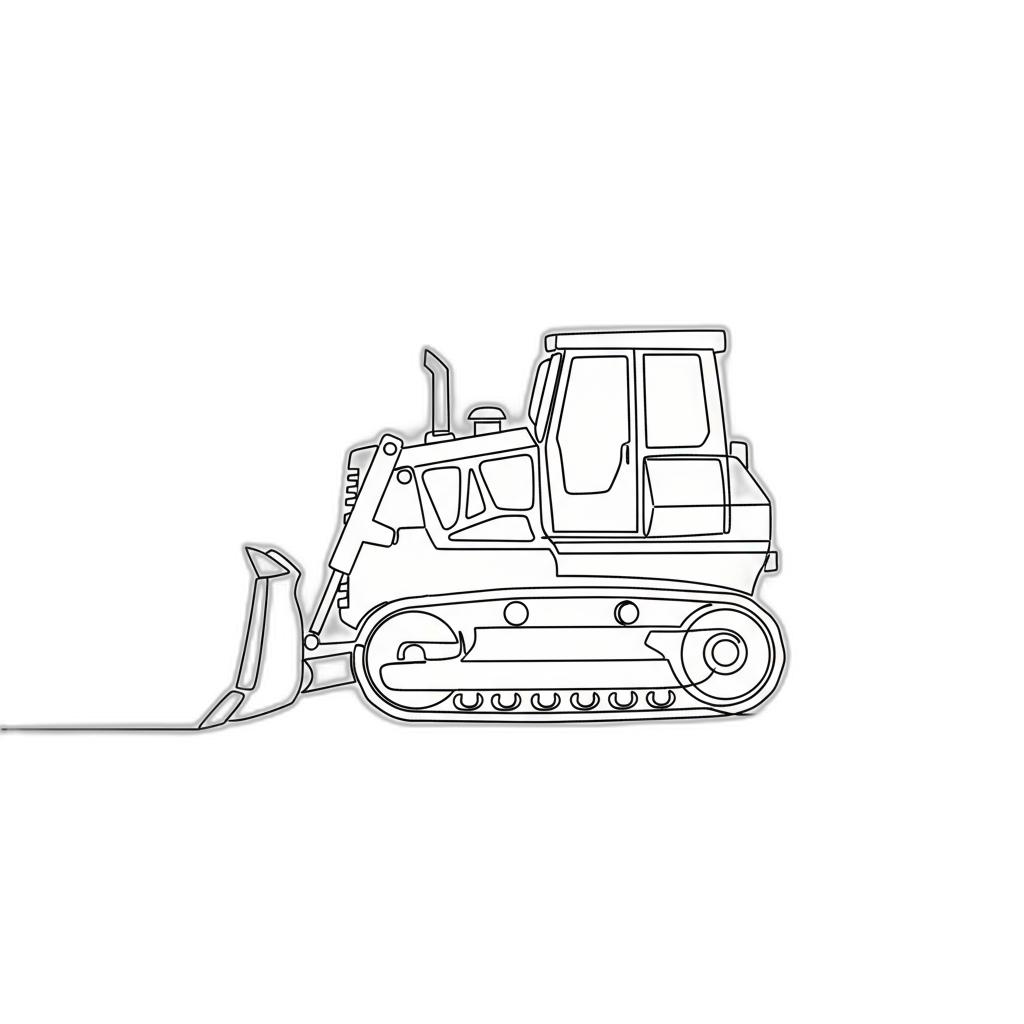
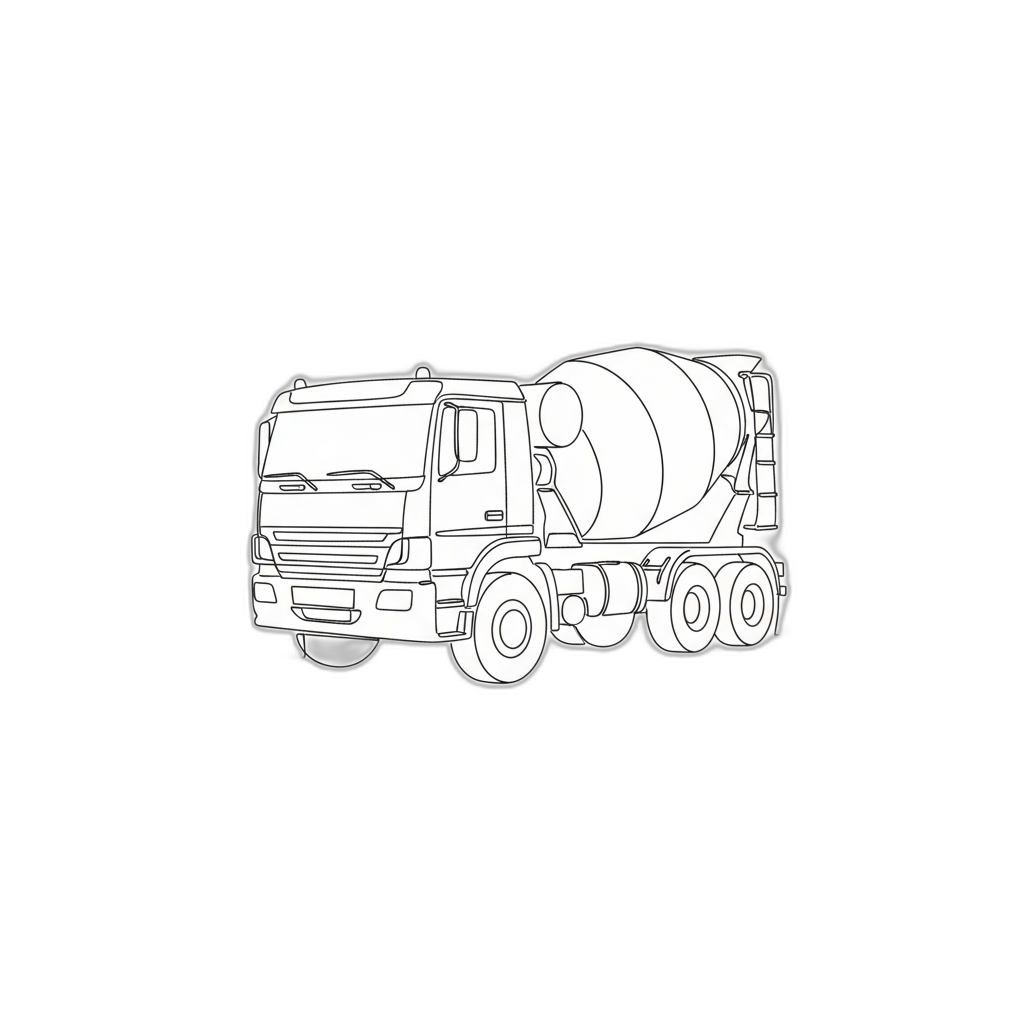


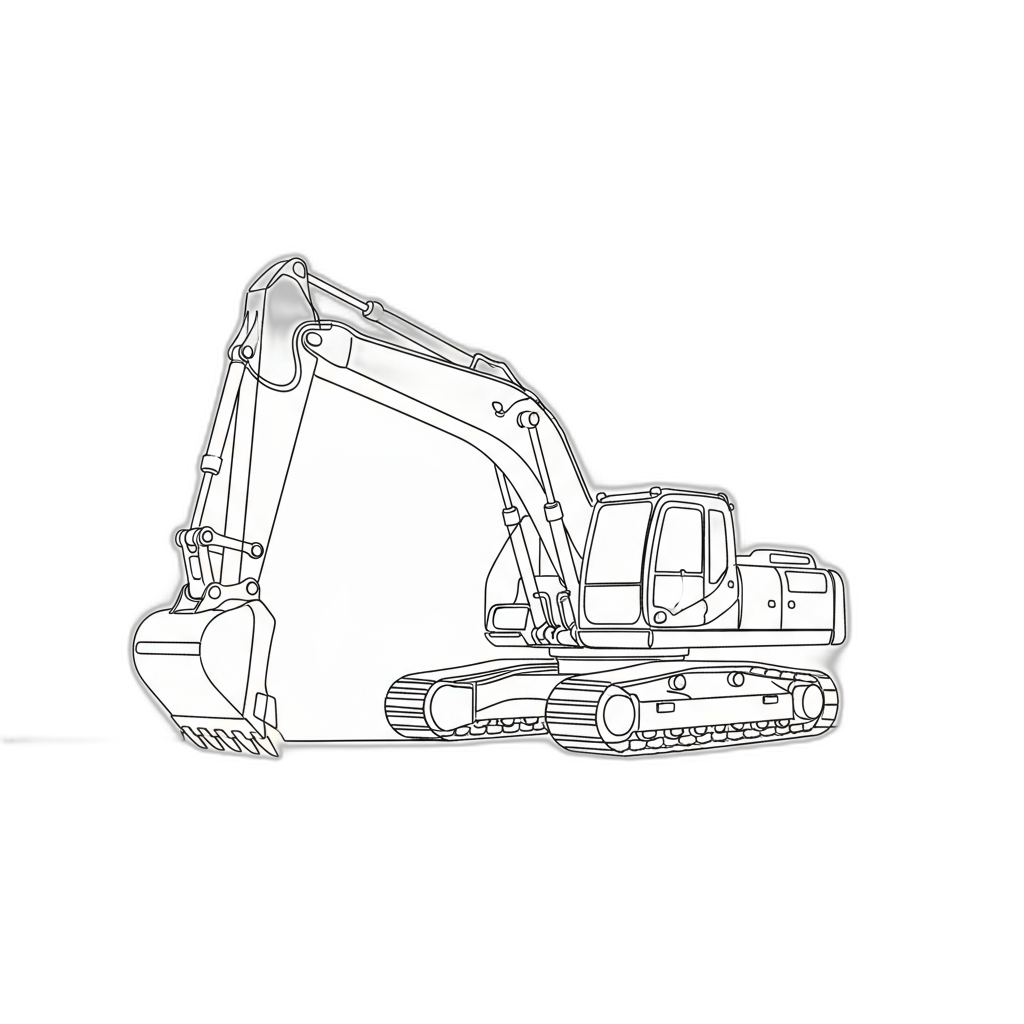
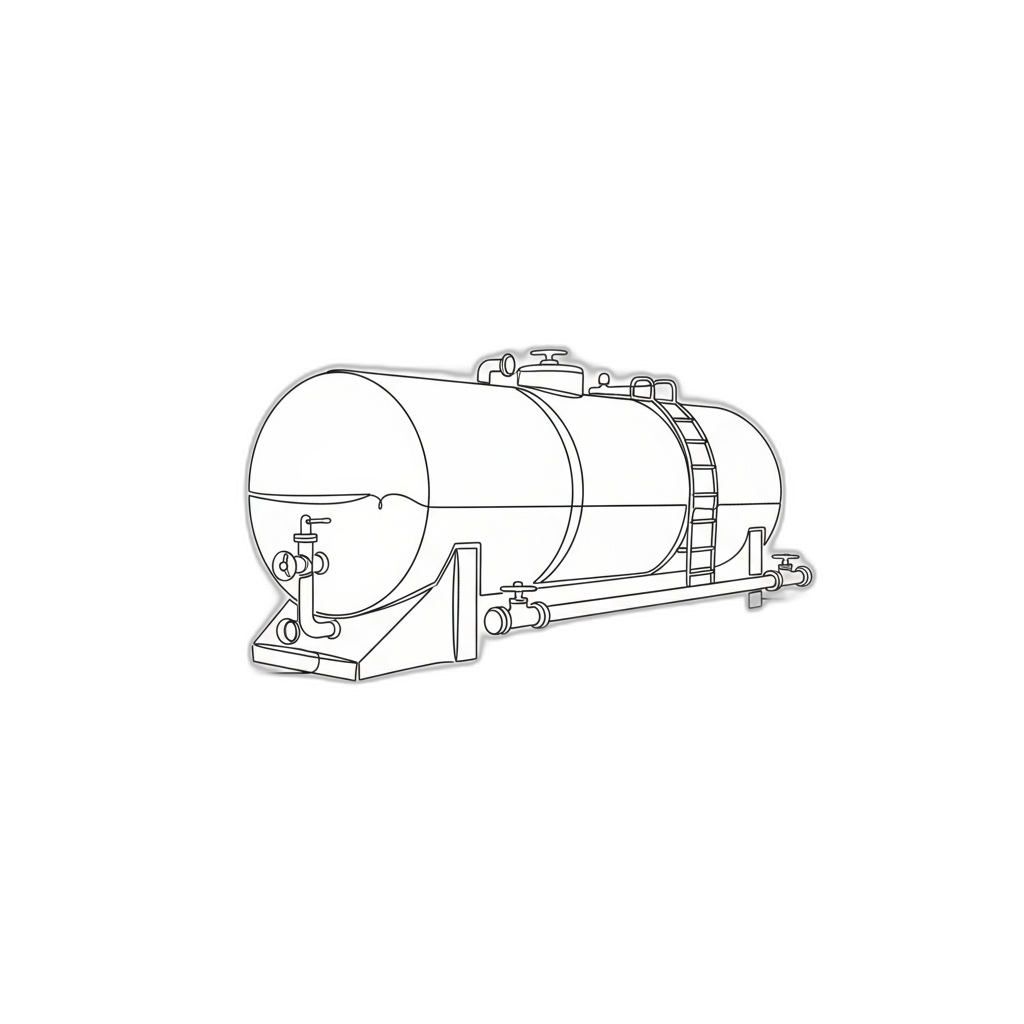
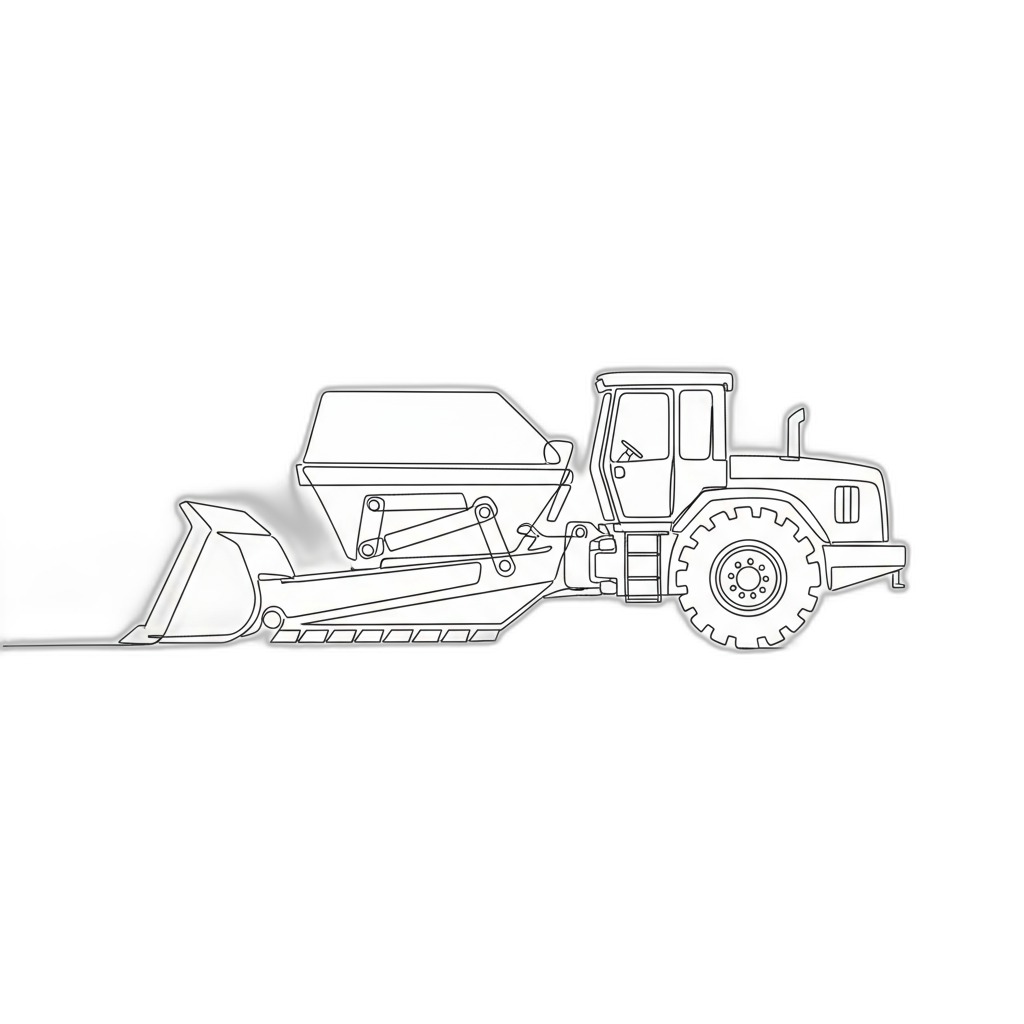
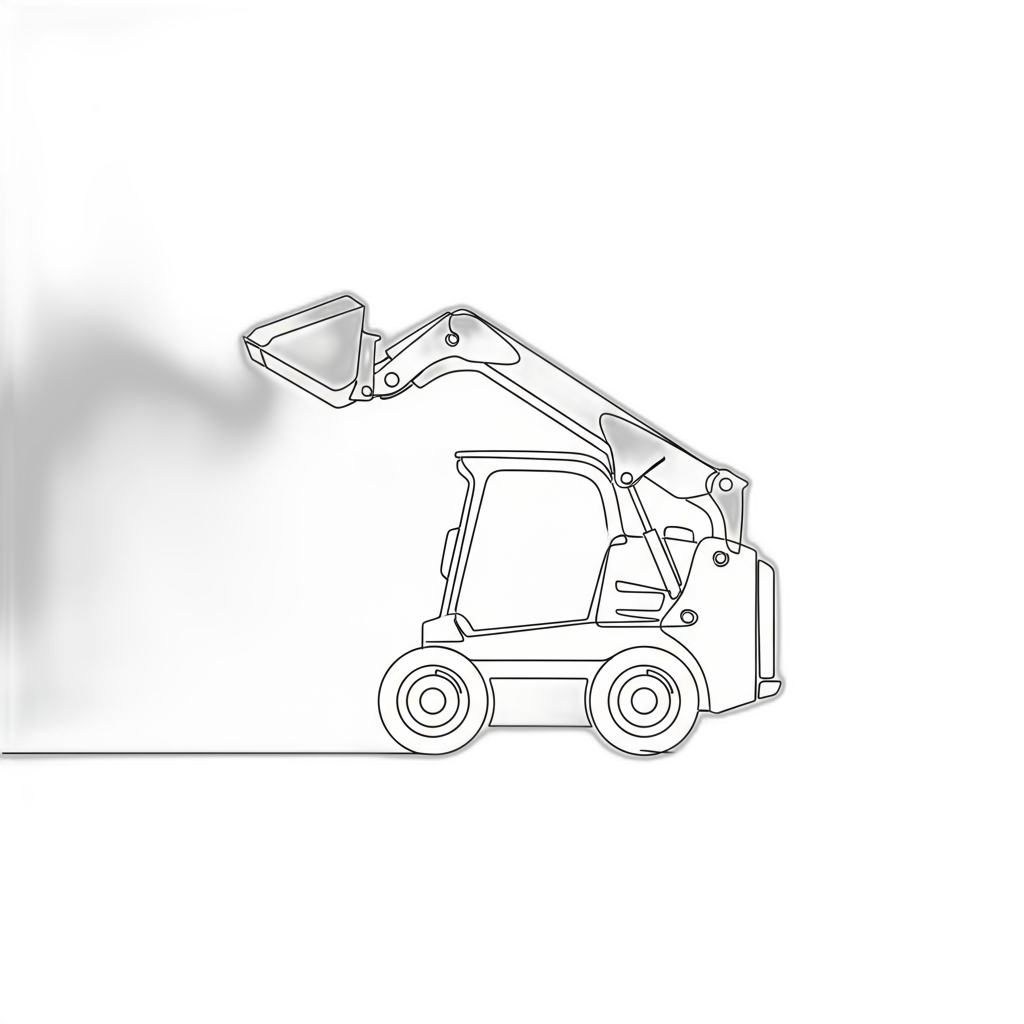

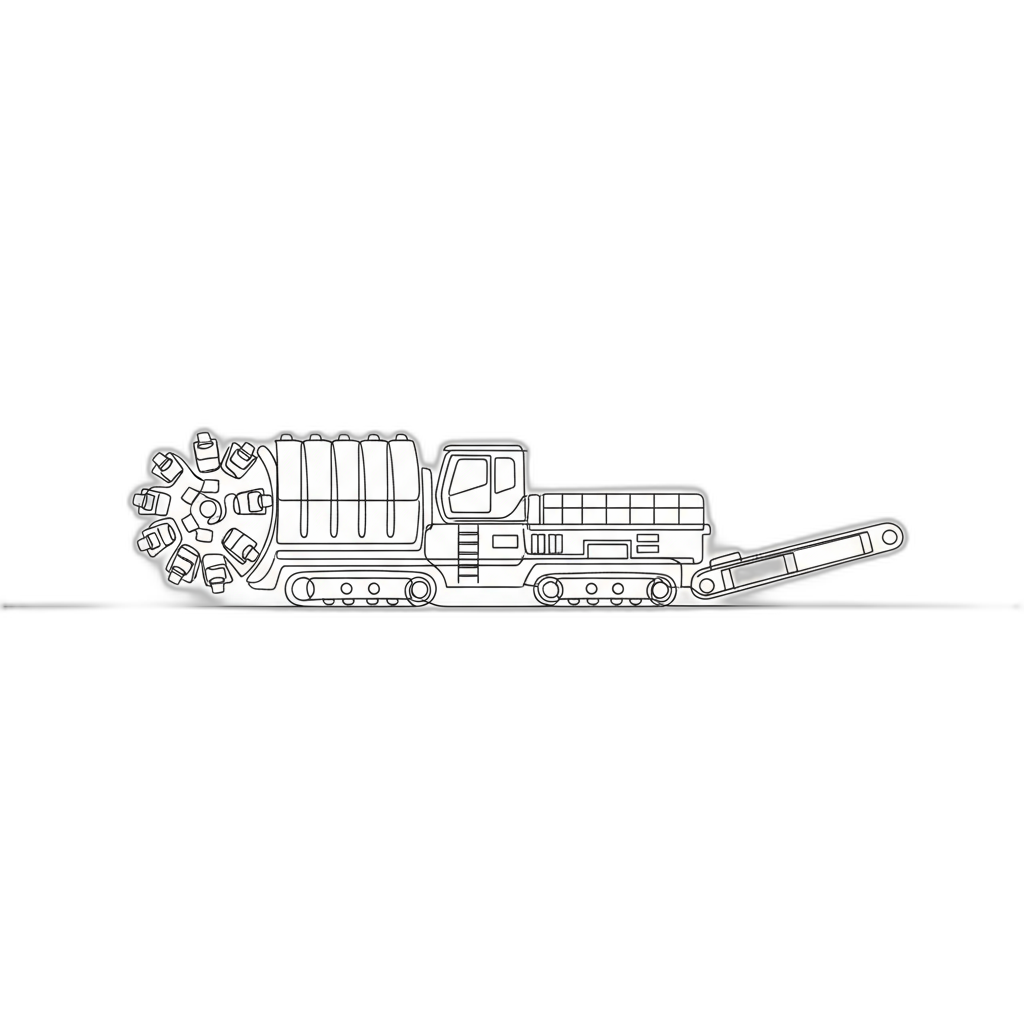
.svg)









